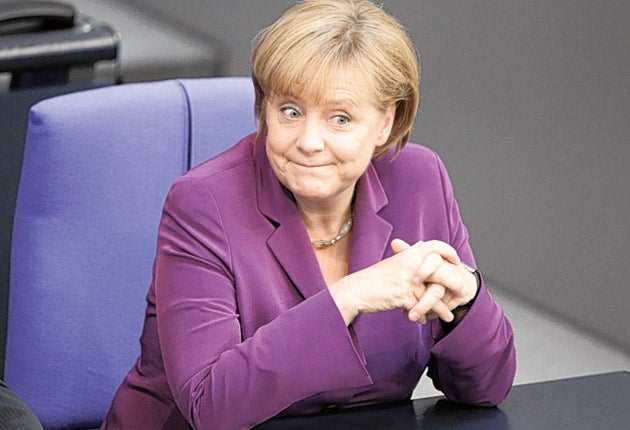World Focus: How 'Ms World' found her political fortunes fading

Your support helps us to tell the story
From reproductive rights to climate change to Big Tech, The Independent is on the ground when the story is developing. Whether it's investigating the financials of Elon Musk's pro-Trump PAC or producing our latest documentary, 'The A Word', which shines a light on the American women fighting for reproductive rights, we know how important it is to parse out the facts from the messaging.
At such a critical moment in US history, we need reporters on the ground. Your donation allows us to keep sending journalists to speak to both sides of the story.
The Independent is trusted by Americans across the entire political spectrum. And unlike many other quality news outlets, we choose not to lock Americans out of our reporting and analysis with paywalls. We believe quality journalism should be available to everyone, paid for by those who can afford it.
Your support makes all the difference.By Germany's obediently kept political standards, Angela Merkel's fall from grace is unprecedented. She used to be revered as "Ms World" by the country's media; as little as six months ago, she was rated Germany's most popular post-war Chancellor ever. But yesterday most political commentators were asking whether the leader of Europe's biggest economy would survive the next 12 months.
"If Angela Merkel does not start showing more courage from now on, it will be the beginning of the end of her tenure as Chancellor," is how one analyst put it in Der Spiegel magazine. There were scores of other editorials in a similar vein.
Wednesday's German presidential election is the cause of all the dire predictions. It turned into a disaster for Ms Merkel. The Chancellor and her candidate, her chosen candidate, Christian Wulff, were humiliated: Mr Wulff failed to secure a majority in first two rounds of voting and only scraped through in the end, nine hours later, after a third vote – despite the fact that Ms Merkel's coalition enjoys a clear majority in the assembly.
Mr Wulff's dismal performance was the latest and most glaring demonstration of the lack of support Ms Merkel currently has within her warring coalition of conservatives, liberals and Bavarian conservatives. Since the alliance came to power last September, the coalition has done little but bicker. The Chancellor's popularity is down from around 80 per cent last September to 50 per cent. She was able to sell herself to voters as a national saviour during the 2008-09 financial crisis, but came badly unstuck over the eurozone crisis.
She upset the markets and most other EU leaders with claims that the euro was "in danger". The impression given, not only to Germans but to the world, was that Angela Merkel had was dithering and out of control.
The voters punished her severely in key regional elections. One of the consequences is that her coalition has lost its majority in Germany's upper house, and will now have difficulty getting its reforms made law.
Ms Merkel's answer to the eurozone crisis has been to "set an example" to Europe with a €80bn German austerity budget – its biggest ever – at a time when German unemployment is dropping and its exports are starting to boom.
But in the face of her growing unpopularity with the electorate and within her coalition, the package may be politically impossible. Next year she faces six key state elections. Her coalition looks so fragile that if its parties perform badly, her government could collapse in the aftermath of just one of them.
Join our commenting forum
Join thought-provoking conversations, follow other Independent readers and see their replies
Comments